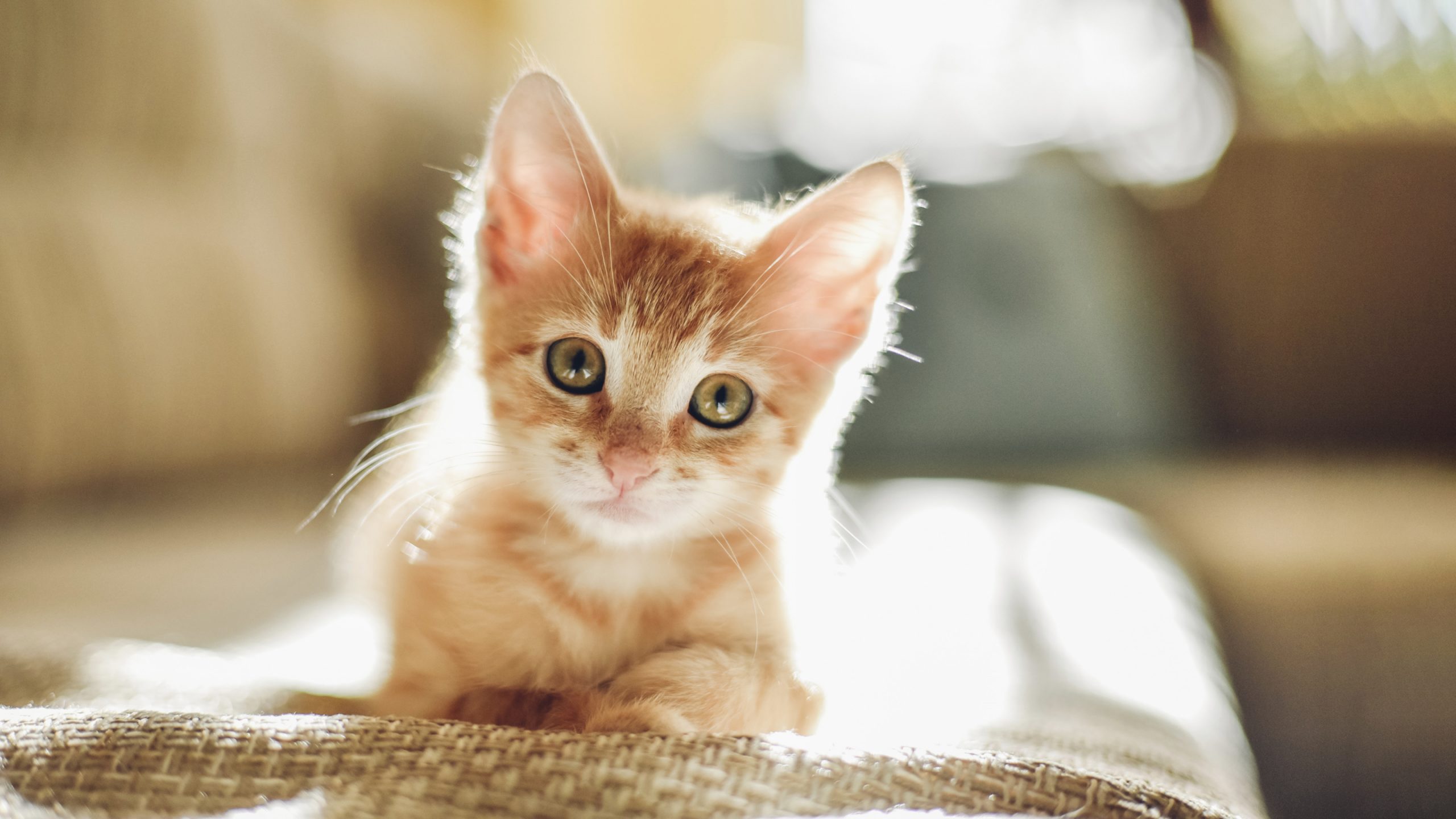Introduction
While cats may not harbor feelings of hate towards their owners, they can exhibit signs of discomfort or mistrust. Understanding your feline friend’s body language and behaviors is crucial for maintaining a healthy and positive relationship. In this article, we’ll explore 14 common signs that your cat may be feeling uneasy in your presence.
Horizontal Tail
A cat’s tail serves as a barometer of their emotions. A lowered horizontal tail or tail puffing can indicate fear or aggression, suggesting that your cat is not at ease.
Lack of Relaxation
Happy cats feel safe enough to relax, snooze, and expose their bellies. If your cat remains tense or vigilant when you’re around, it may signify discomfort.
Flattened Ears
When cats lay their ears flat, it’s a defensive posture indicating discomfort or aggression. Avoid approaching or touching your cat in this state.
Inappropriate Elimination
Relieving themselves outside the litter box, particularly on your belongings, can be a sign of upset or marking territory.
Avoidance of Touch
Cats express trust through physical closeness, such as grooming or rubbing against their owners. If your cat avoids contact, it may indicate a lack of trust.
Defensive Belly Exposure
While a cat lying on its back might seem inviting, it can signal defensiveness if accompanied by tense body language or flattened ears.
Intense Staring
Direct, prolonged eye contact without blinking may be perceived as threatening by cats, especially when coupled with other signs of agitation.
Hiding Behavior
Constant hiding may indicate fear, discomfort, or an underlying health issue. Pay attention to your cat’s hiding habits when you’re around.
Aggressive Biting
Biting without playful intent can signify resentment or agitation, whereas love bites are softer and more playful.
Preference for Others
If your cat seeks affection from others but ignores you, it could suggest a lack of trust or discomfort in your presence.
Avoidance Tactics
Consistently disappearing or maintaining distance from you indicates a deliberate effort to avoid interaction.
Hissing
Hissing is a clear sign of feeling threatened or upset. Give your cat space and refrain from further interaction if they hiss at you.
Chronic Disinterest
Consistent disinterest in playtime and interactions may indicate unhappiness or discomfort with your presence.
Disconnection
Overall, paying attention to your cat’s body language and behaviors is essential for understanding their comfort levels and addressing any potential issues.
Conclusion
Building trust and a positive relationship with your cat requires patience and attentiveness. If your cat consistently displays signs of discomfort or unease, consider consulting with a veterinarian to rule out any underlying health concerns. By respecting your cat’s boundaries and providing a nurturing environment, you can foster a strong bond based on mutual trust and understanding.
